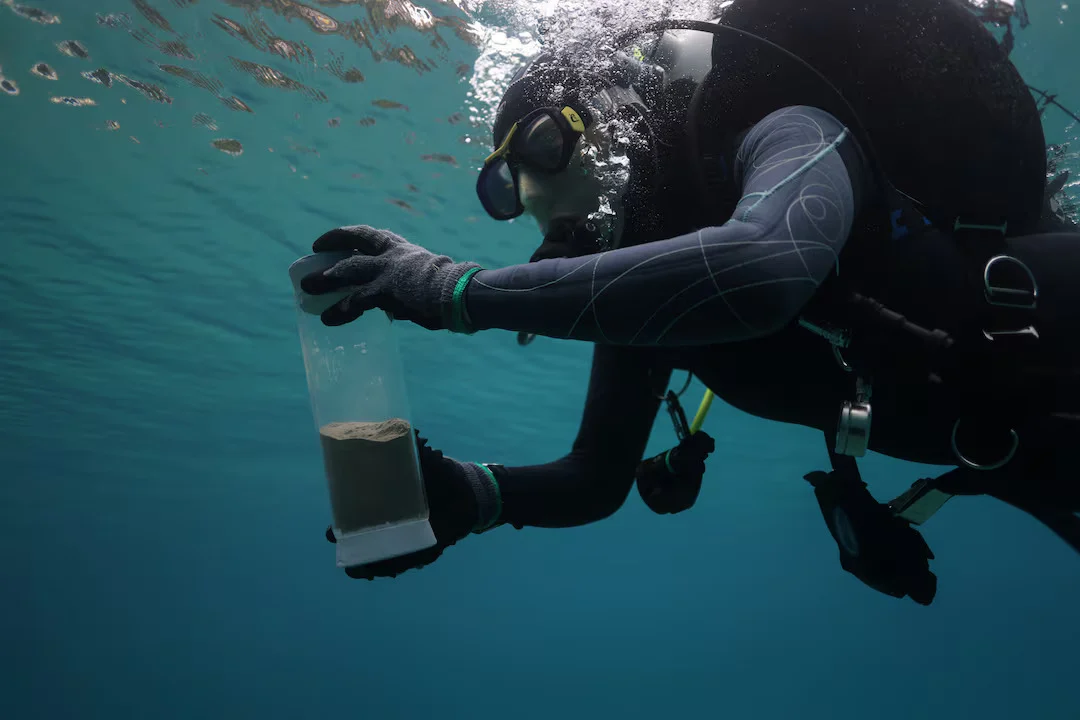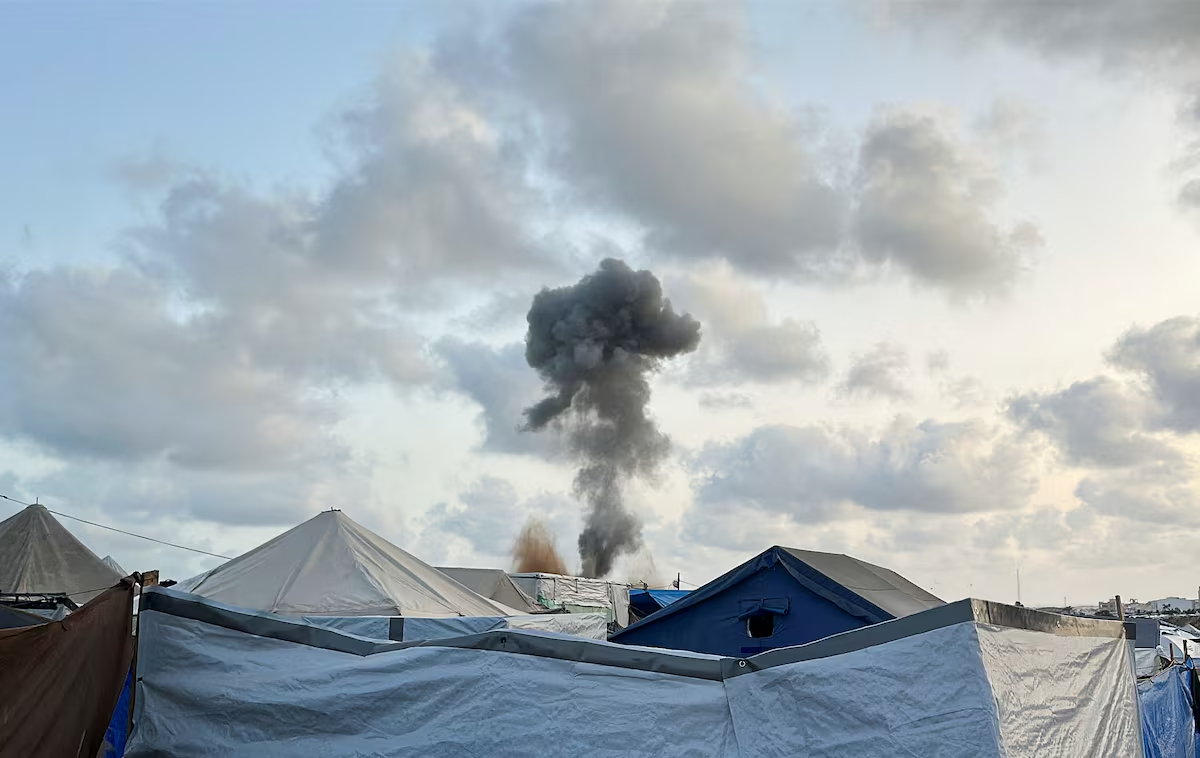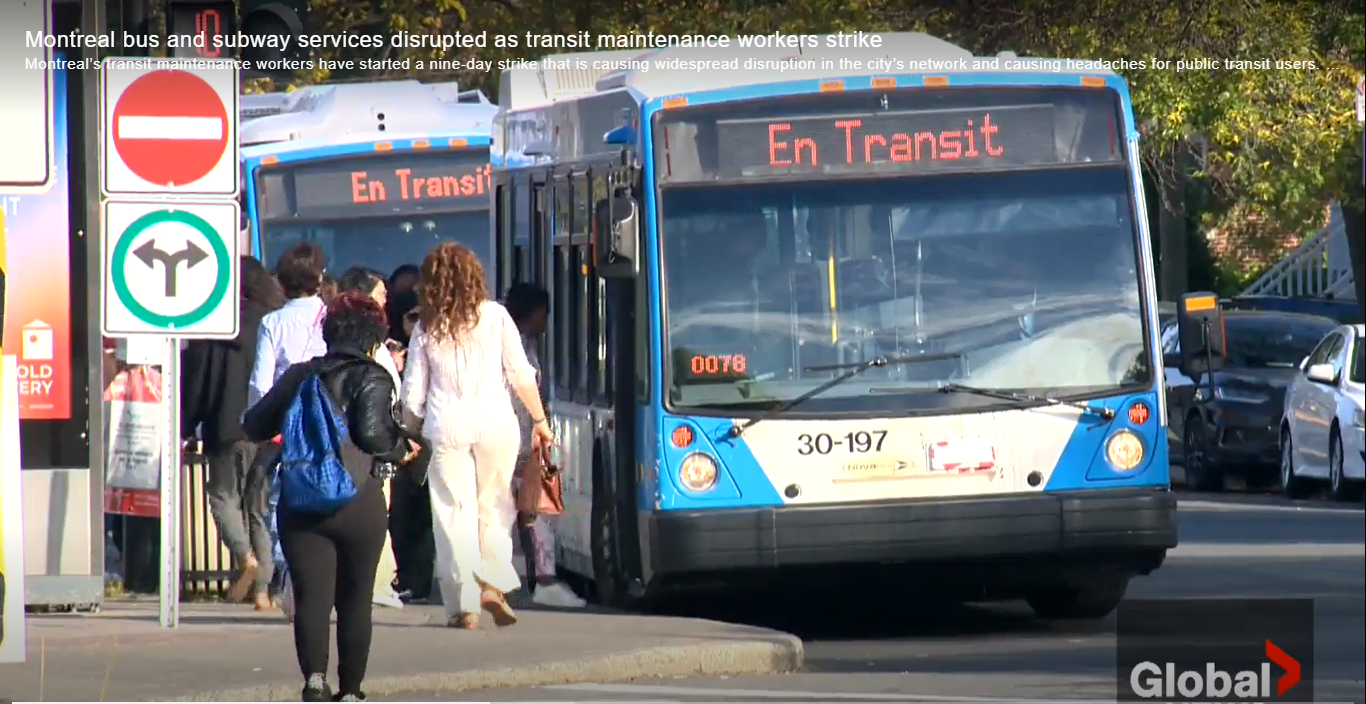The island of Alonissos, a protected ecological haven in Greece’s Northern Sporades, is raising alarms over growing pollution in the Mediterranean Sea that threatens marine biodiversity and the local economy. Home to Europe’s largest marine park and the endangered Mediterranean monk seal, Alonissos is witnessing the harmful effects of increased plastic waste, chemical runoff, and oil pollution that have reached even its most pristine waters.
Local authorities, residents, and conservationists are calling for urgent intervention to stop what they describe as an environmental crisis unfolding across one of Europe’s most sensitive maritime regions. “We are watching a paradise being poisoned,” said the mayor of Alonissos, Petros Vafinis, in a public appeal released earlier this week. “Our marine ecosystems cannot defend themselves against this tide of destruction.”
The island’s marine park, the National Marine Park of Alonissos and Northern Sporades, spans 2,200 square kilometers and is home to dolphins, seabirds, and the rare Monachus monachus seal. However, increased levels of microplastics, discarded fishing nets, and hydrocarbon residues have been detected within its protected waters, prompting fears of irreversible ecological damage.
The pollution is not only a threat to biodiversity but also jeopardizes Alonissos’ economy, which is heavily reliant on eco-tourism. Diving tourism, in particular, has grown rapidly over the past decade, thanks to the island’s crystal-clear waters and its designation as the first underwater museum in Greece. Local business owners report declining water visibility and concerns from visitors about litter on beaches and in the sea.
“This pollution crisis is affecting both our environment and our livelihoods,” said Eleni Papadopoulou, a dive shop operator. “If the marine life disappears, the tourists will too. We cannot afford to lose either.”
Environmental groups point to widespread pollution across the Mediterranean basin as the source of the problem. Industrial runoff from southern Europe, illegal dumping from ships, and poor waste management practices in some coastal countries contribute significantly to the buildup of debris in the sea. Ocean currents then carry this waste to areas like Alonissos, once considered sanctuaries for marine life.
Greek NGOs are urging the European Union and regional governments to enforce stricter marine protection laws and improve coordination on pollution control. They also call for increased patrolling of protected zones and penalties for ships or industries found violating environmental rules.
The situation has drawn attention from international conservation bodies. The World Wildlife Fund (WWF) released a statement highlighting the Mediterranean as one of the most polluted seas globally, with over 1 million tonnes of plastic waste entering its waters each year. “The case of Alonissos is a stark reminder that no place is immune,” said WWF Greece Director Dimitris Karavellas. “Urgent, coordinated action is needed before it’s too late.”
In response, the Greek Ministry of Environment announced it is stepping up efforts to monitor marine pollution and has pledged funding for cleanup and education campaigns. However, critics argue that government action has been too slow and lacks the scale needed to address the magnitude of the crisis.
Local schools and community organizations on Alonissos have joined the fight, organizing beach cleanups and environmental education programs. Residents say preserving their island’s heritage and ecosystems is not just about environmental stewardship — it’s about survival.
As the summer tourism season approaches, the people of Alonissos hope their urgent plea will spur national and international leaders to protect the fragile marine environments that define life in the Mediterranean.
Source; Greek City Times



